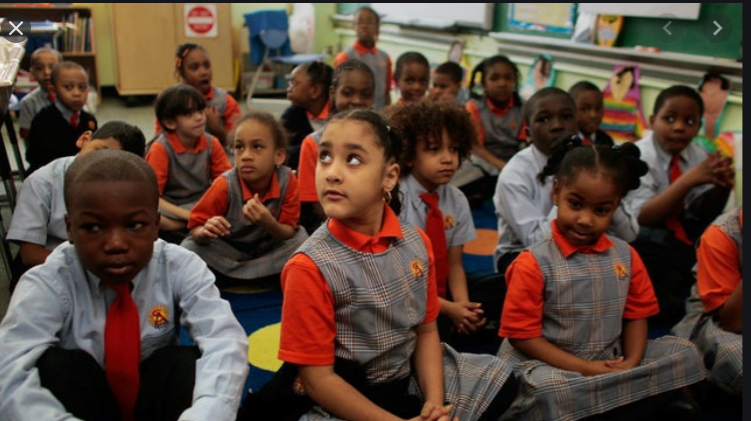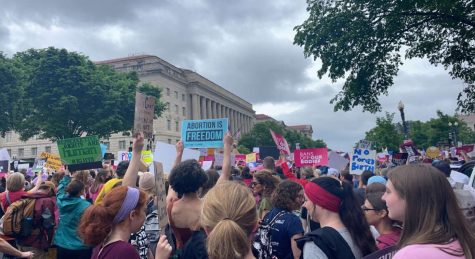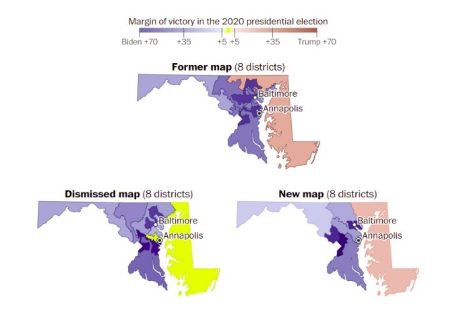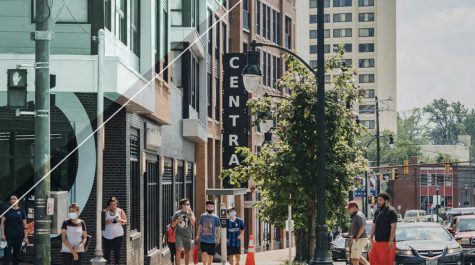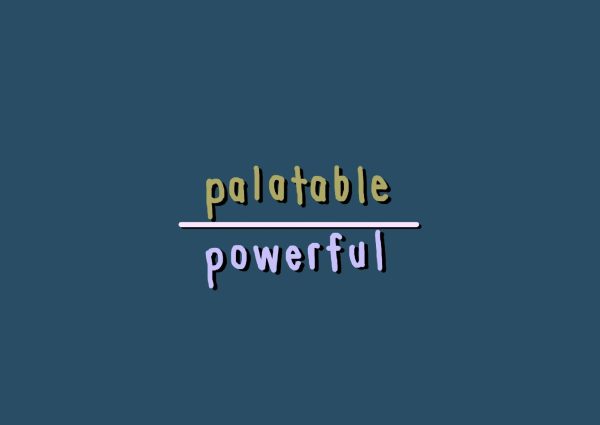Do charter schools work?
Charter schools are defined by Google as “publicly funded independent schools established by teachers, parents, or community groups under the terms of a charter with a local or national authority.” They are seen as an alternative to failing, traditional public schools, designed to offer a better education at no cost. Yet there has been much debate about their effectiveness and growing racial segregation over the years. According to the Associated Press, “As of school year 2014-2015, more than 1,000 of the nation’s 6,747 charter schools had minority enrollment of at least 99 percent.” This is about 17 percent of charter schools.
Many believe this high percentage of almost exclusively minority enrollment is not conducive to bridging achievement gaps among low-income and minority students, even though this is the founding goal of many charter schools. Advocates against charter schools argue that their high minority enrollment is a step back in the fight for genuine integration. “Desegregation works. Nothing else does,” said Daniel Shulman, a Minnesota civil rights attorney. Under this logic, school districts and states shouldn’t be pouring money and resources into programs that aren’t fostering equality in schools. The NAACP agrees, and in 2017 called for a moratorium on charter schools. As a major organization for the advancement and rights of African-Americans, their stance was widely debated and debunked.
Charter school supporters cite higher test scores and the urgent need for quality education among low-income minority students as reasons to continue their growth. According to the Urban Charter School study by Stanford University, “Urban charter schools in the aggregate (studied) provide significantly higher annual growth in math and reading compared to their traditional public school peers.” In addition, these sources argue that by defunding charter schools, states would be defunding primarily low-income minority students in urban areas. They believe students and parents deserve good schooling now, even if it means a more segregated student body.
As an independent school, the funding and feasibility of charter schools may appear to be irrelevant. In reality, 44 percent of our neighboring DC public school students are enrolled in a charter school according to The Washington Post. Our Secretary of Education, Betsy DeVos, is a staunch supporter of charter schools. According to the Department of Education, she rolled out a new initiative to support the opening of new charter schools in October 2019. When we turn a blind eye to the happenings of the world that don’t affect us, whether it be in education or otherwise, we are denying ourselves of critical information. As with most issues in education,

Hi, my name is Rebecca Megginson. I'm a sophomore at Sandy Spring Friends School who enjoys writing about politics, pop culture, and SSFS life. I joined...

